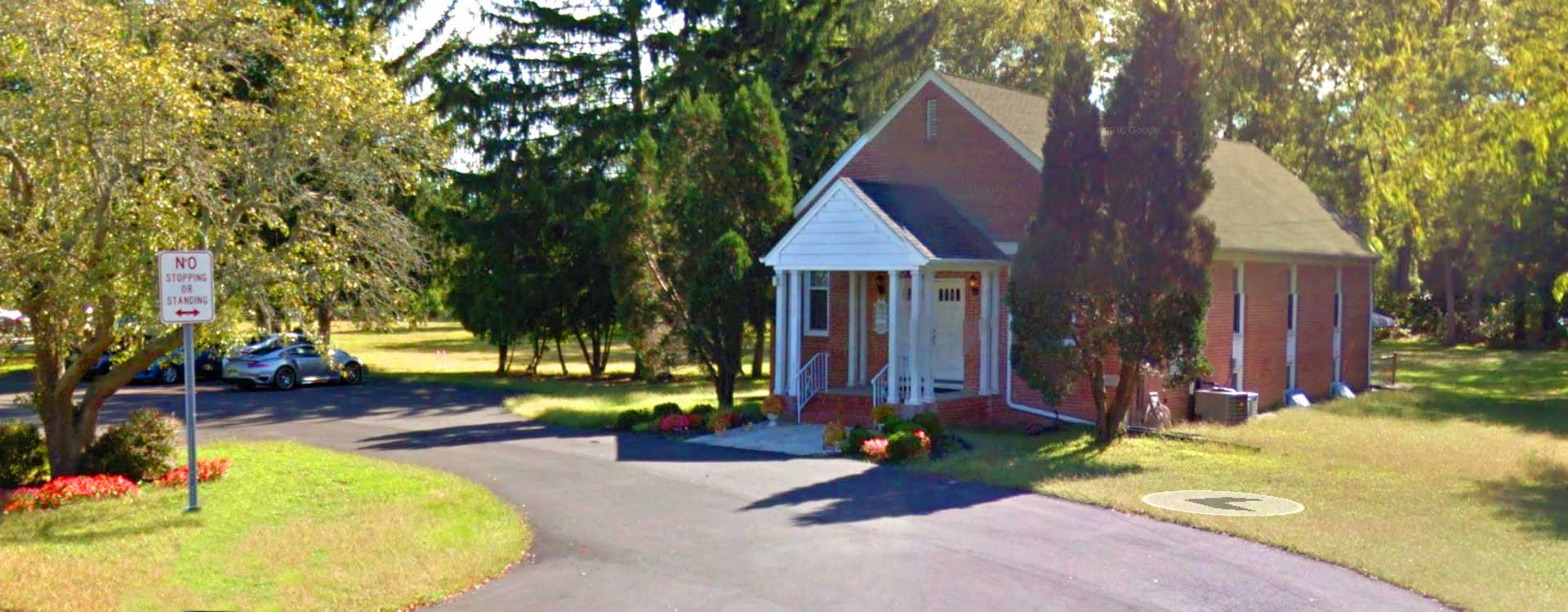
Glenn Wagner
Dennis Amos, Sr.
James Dougherty
At Linwood Gospel Chapel, we don’t have one “pastor”. We have Elders who do undertake the function of a pastor. Watch this following video for a brief introduction to the subject.
First, why plurality? For many, the simple statements of Scripture and early church practice are sufficient. However, for those who have only known a form of leadership in which the “Pastor” is the both the chief administrator and primary preacher, the question can be “How could things be done any other way?”
1. The teaching of Christ:In Matt. 23:8-10, our Lord forbids the taking of religious titles to His followers because “…one is your Teacher, the Christ, and all you are brethren.” The specific mention of the titles Rabbi, father and teacher could well be applied to Jews, Roman Catholics and Protestants, but the point is that ANY title that separates men into a ministerial class is forbidden by the Lord.
2. The example of the early church:The normal configuration of local churches in New Testament days is expressed in Phil. 1:1 “To all the saints in Christ Jesus who are in Philippi, with the bishops and deacons.” The word “bishops” is synonymous to “elders.” Note that the descriptions are plural, yet it is one local church in Philippi (e.g., I Thess 5:12; Heb 13:7,17).
3. The teaching and practice of the apostles:Paul instructed Titus to “… appoint elders in every city as I commanded you.” (Titus 1:5). Revisiting young churches in Galatia, Paul and Barnabas followed a consistent pattern: “So when they had appointed elders in every church …“ (Acts 14:23). Peter gave a special charge to “The elders who are among you….” (I Peter 5:1). There is no hint that without a central figure such as an ordained Minister or Pastor, the church is incomplete. In the letter of James, often thought to be the earliest written epistle, ailing believers were instructed: “Is anyone among you sick? Let him call for the elders of the church …” (James 5:14). In all cases, there was a plurality.
4. The Biblical teaching regarding safety in a plurality: 11:14 says: “ Where there is no counsel, the people fall; But in the multitude of counselors there is safety.” No matter how wise and godly any man might be, he is nevertheless subject to being deceived and erring in judgment. Some will object that even a king as supreme can have counselors. But it is one thing to solicit wise counsel while reserving the final decision to oneself, and quite another to seek God’s will by praying and working together in a true team toward unanimity or consensus.
5. The doctrine of the priesthood of all believers requires that church leaders be ordinary people and not a separate clergy class.The spirit and intent of numerous passages such as I Peter 2:5, 9; I Corinthians 14:26; Ephesians 4:11-16 and Revelation 1:5-6 assume that every Christian believer is a holy priest with spiritual functions to perform in the church, and that these are not limited to peripheral and non- essential duties, but to the very heart of fellowship with God and the issues of the assembly.
6. The confirmation of history:In the many revivals and reformations, a return to the Word of God and a moving of the Spirit of God have always been ac- companied by an increased openness to involvement by ordinary believers. Usually, though, this trend has been partial, and the machinery of organized religious systems has resented intrusion into the “priestly office.”
7. Practical considerations:Where religious persecution is formidable, the clergy style of church government cannot prosper. Believers must meet quietly, often in homes and leadership functions are necessarily the responsibility of ordinary working people. On the other hand, in western evangelicalism, one often sees the disruption caused by a transition in leadership. Contrast the “empty pulpit” with trial sermons preached by candidating applicants imported from afar, with the quiet transition within a leadership team as younger men grow into shepherding and replacing those moving away or going to be with the Lord.